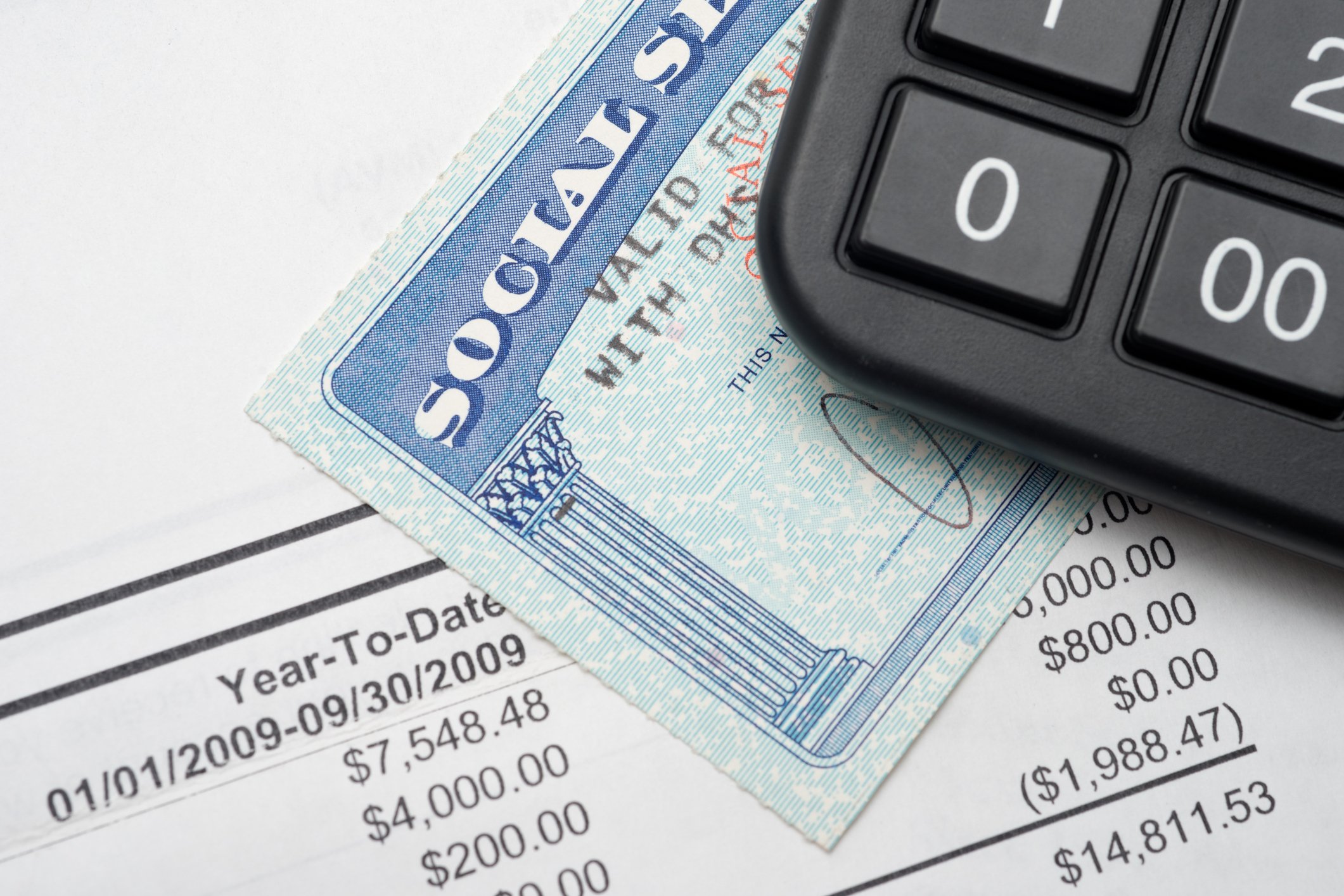Most people would agree that $50,000 is no small chunk of change. That's enough money to cover basic living expenses for a year or two for a lot of households. But it all depends on the context. If someone were to offer you a $50,000 check, you'd feel like you won a great prize. But for those who only have $50,000 or less to see them through retirement, the outlook is bleak.
This is the reality for about one-third of all Americans aged 40 to 79, according to a recent TD Ameritrade survey. What's even more disturbing is that 20% of adults 70 to 79 fall into this group. These individuals could still spend a few decades in retirement, and if they're unable to work, they'll run out of money quickly.

Image source: Getty Images.
There aren't any easy solutions if you're that far behind on retirement savings, but creating a retirement plan and understanding how much you can afford to spend both now and in retirement can increase your odds of remaining financially secure as you age.
How much will you spend in retirement?
In order to estimate how much you must save for retirement, you need an idea of what you'll spend. The average household headed by an adult 65 or older spends about $50,860 per year, according to the Bureau of Labor Services (BLS). You can use this as a baseline, but you should determine your estimated annual expenses based on your own data. Think about how much you'll pay for housing, insurance, groceries, healthcare, utilities, and transportation during the year and total them up.
You also need an idea of how long you'll live. You'll want to plan on the long side to be safe. Approximately one in three 65-year-olds today will live past 90, according to the Social Security Administration, so plan to live until at least then unless you have a good reason to think you won't live that long. Multiply your average annual expenses by the number of years of your retirement, adding 3% annually for inflation.
Use a retirement calculator to estimate this and to figure out how much your savings could grow to. Choose a 5% or 6% annual rate of return, even though your retirement savings might grow faster than this. You can also enter your current retirement account balance, if you have some savings. Then, your calculator should tell you what you need to save overall and per month to reach your goal.
Subtract from these totals any money you're getting from a 401(k) match or a pension from your company. Create a my Social Security account to estimate your Social Security benefit at different ages and use this information to figure out how much you can expect from this program. Subtract money you expect from these other sources from your retirement savings goals to figure out what you must save on your own.
What if you can't save enough?
Ideally, you'd already have the spare cash you need to save for retirement, or you'd be able to get it by making a few small budget changes. But it's not that simple for a lot of people, especially when you're getting a late start. Your earlier retirement contributions are far more significant than your later ones because they have more time to grow before you need to draw upon those funds. The later you begin saving, the more you have to set aside per month in order to reach your goal because you can't count on investment earnings to help you out as much.
You should try everything you can to free up more cash for retirement savings first. This includes cutting back on unnecessary spending and looking for ways to save on necessary spending, like using coupons. You can also look for ways to increase your cash flow, like working overtime or negotiating a raise.
When that's not enough, you'll have to rethink your retirement plan. Working longer isn't an ideal situation, but it's one of the fastest ways to shore up your retirement savings because you give yourself more time to save while simultaneously reducing the number of years of expenses you have to cover. You could also take a look at your retirement budget and trim any unnecessary expenses, like travel.
Don't give up on saving enough for retirement, but don't put it off any longer either. It might not be easy, but waiting will just make things more complicated. Create a retirement plan now and save as much as it recommends, or as much as you're able to per month, and try out a few different scenarios until you find the one that works best for you.





